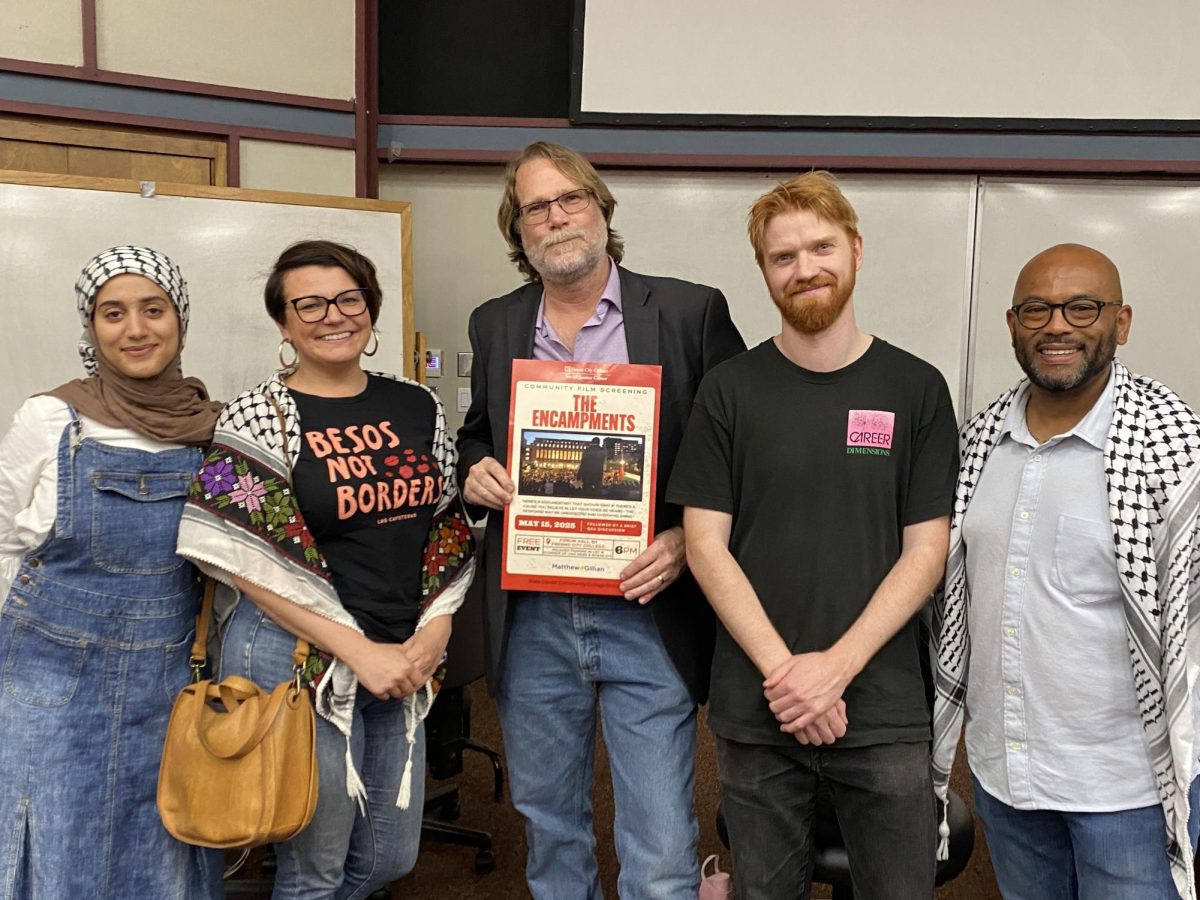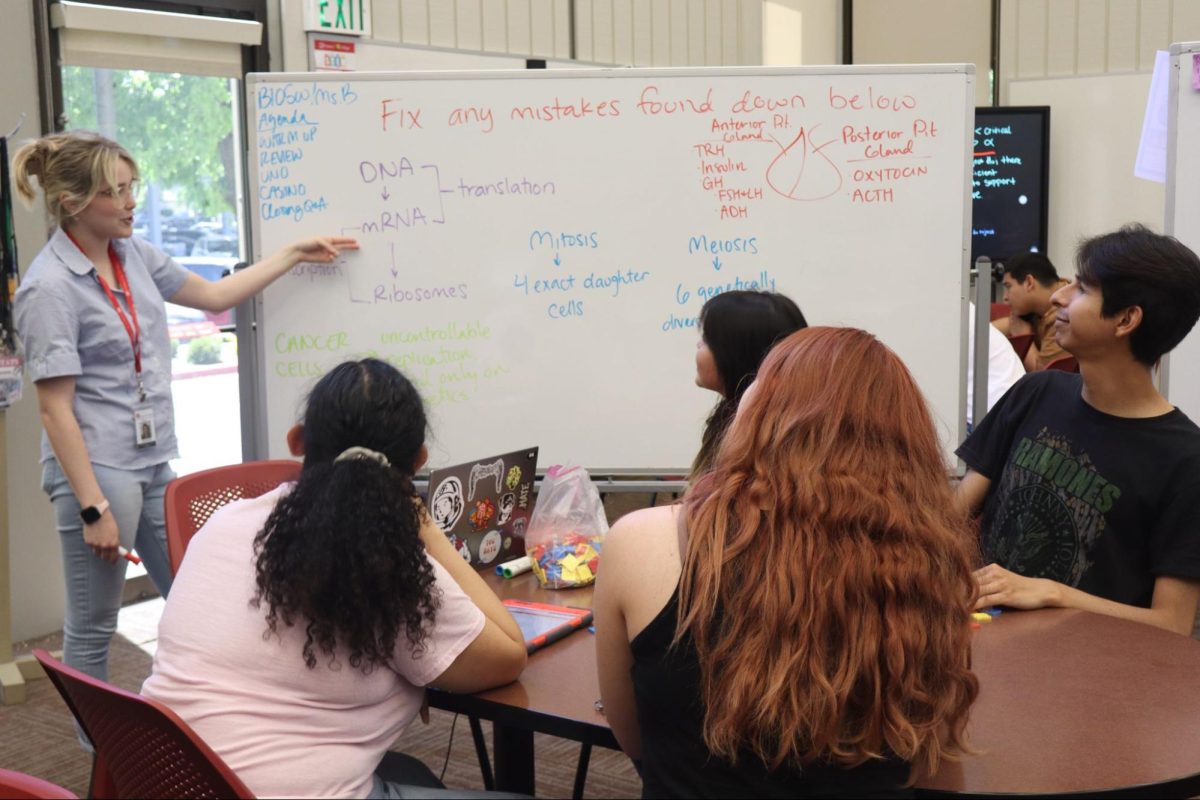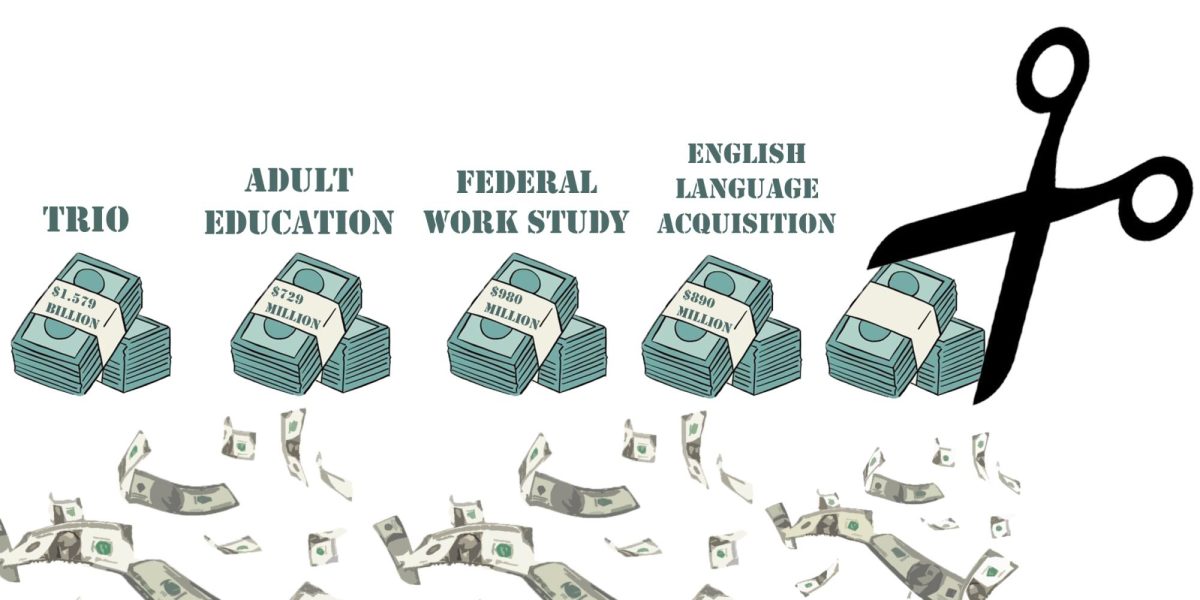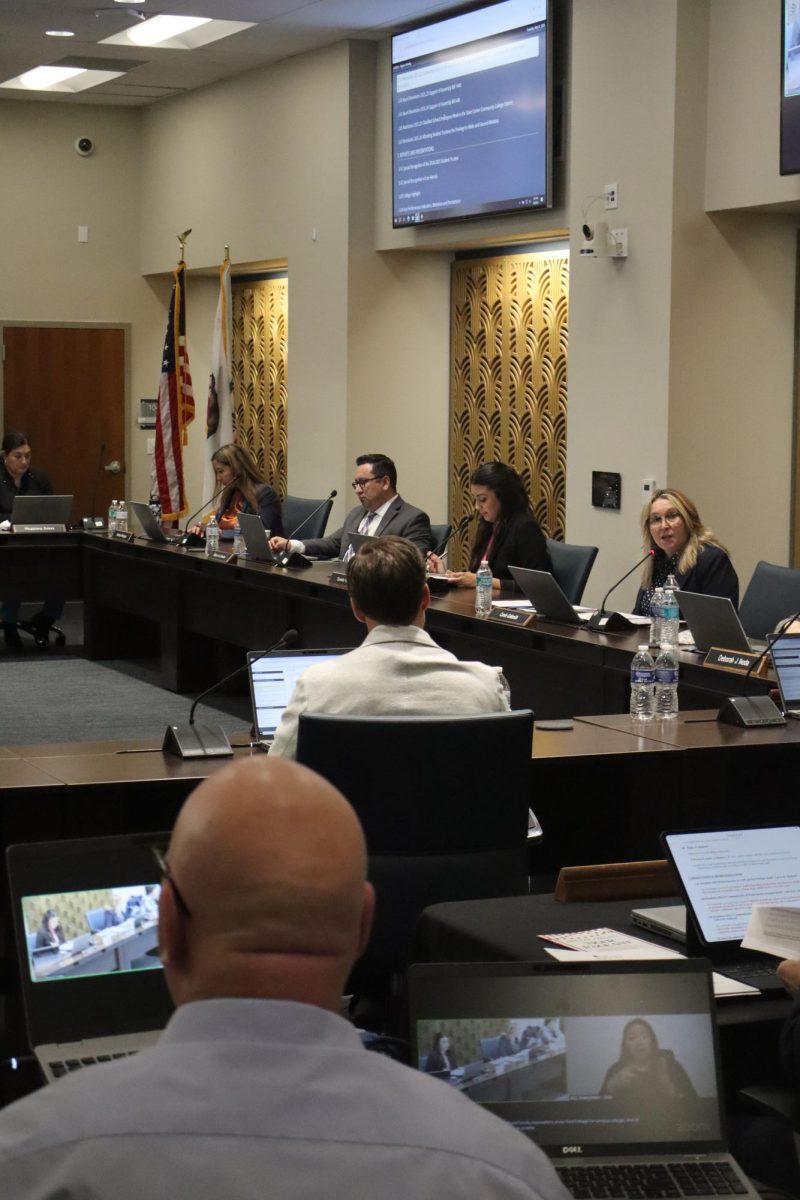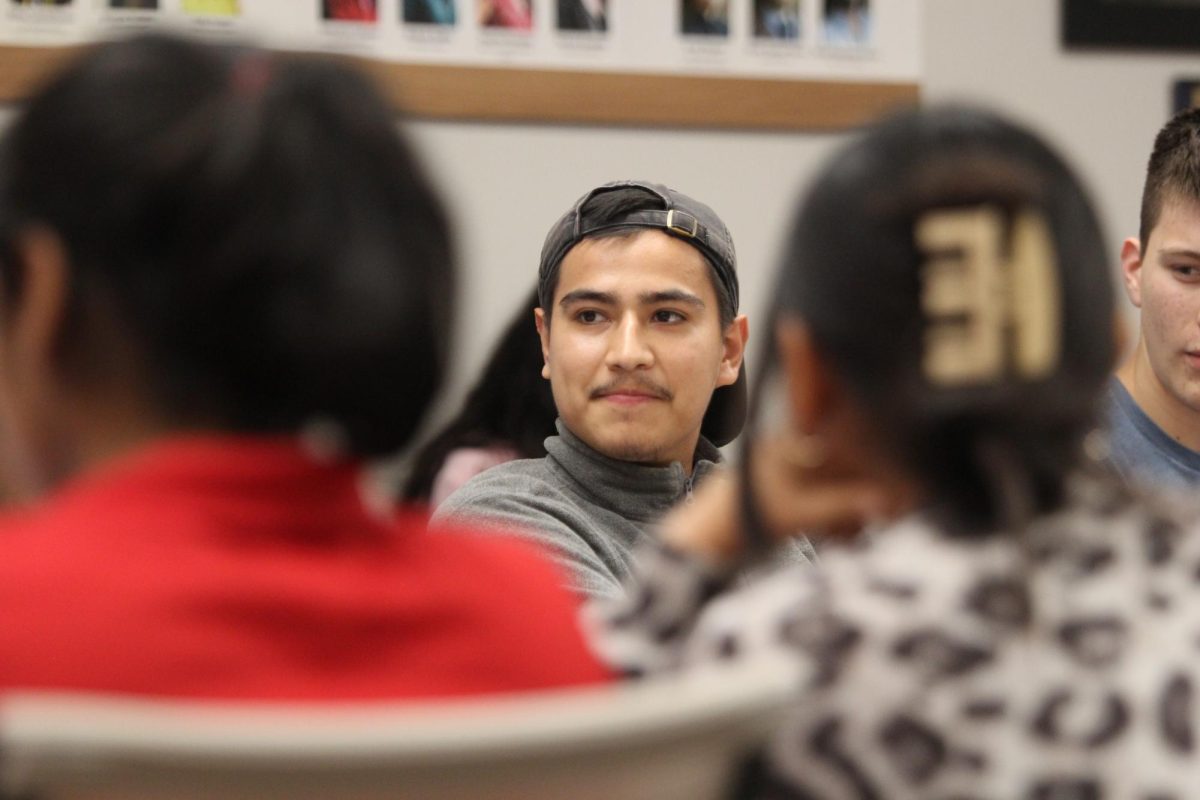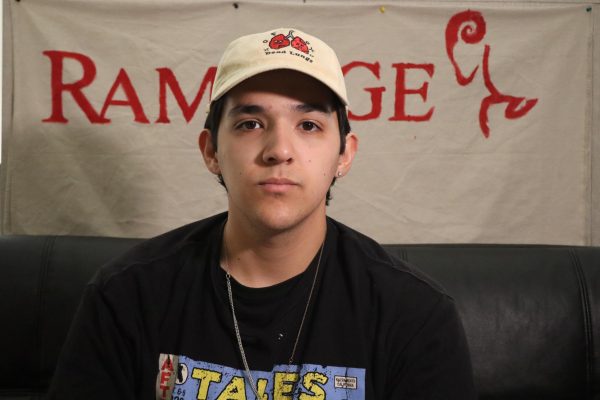Long standing issues between deaf faculty and Fresno City College are finally being resolved with a new full-time sign language interpreter dedicated to faculty. They are beginning the hiring process among other accommodations.
The last few years have been problematic for FCC’s full-time deaf instructors.
FCC is hiring a new full-time ASL interpreter for faculty for the first time in five years, according to the Dean of Humanities Kerry McCutcheon.
This vacancy occurred because the pay was too low compared to what other organizations offer for such a role.
According to Vice President of Educational Services and Institutional Effectiveness, Ghada Al-Masri, the college has been trying to increase the salary so that they can offer a “more competitive” position.
“Retention is important,” Al-Masri said. “We get people who come in, but then they’ll leave because they can get paid a lot more working for an interpreter company.”
The lack of full-time interpreters halted the academic senate on campus from operating last semester, as deaf senators could not speak when there was no interpreter.
Currently, a team of two interpreters have been regularly assigned to the Academic Senate for deaf senators.
“That’s something that we say is commendable,” deaf faculty member and foreign language professor, Etienne Harvey said. “The college is trying their best to fit all of our service needs.”
McCutcheon has been spearheading communications with deaf faculty in collaboration with the president of FCC, Dr. Robert Pimintel.
“The college really is going through transformation. I think really focusing on our equity mission has been a critical focus for this president,” Al-Masri said. “He needs to make sure that we have more champions across this institution.”
The college is doing more work and bringing more exposure to the needs of the deaf faculty on campus, according to Harvey. “I am very impressed with that,” he said.
Similar sentiment is shared with deaf faculty member and foreign language professor Salvador Garcia, as he feels that communication between the college and faculty has improved compared to other semesters
“This semester we’re seeing more effort, we’re seeing people put in the work,” Garica said.
He claims the college has kept him in the loop about where they are at with new accommodations and how the processes are going. This communication is something he and others appreciate.
Issues are still present though. Instructors being notified late for meetings or campus events can cause booking an interpreter to be difficult.
The process of requesting an interpreter for other events like with students after classes or in office hours has not been improved and can be difficult to use according to Garcia.
Zoom has been a big help, speeding up the office hours process as every in-person meeting needs an interpreter.
“They do see the need and there is an understanding of our need, but there is a lot of hassle as far as the process itself is concerned,” Garcia said.
Interpreters are available, but many times will only be virtual and not face-to-face.
To combat the shortage of interpreters, FCC in collaboration with Fresno State initiated a degree program that will have student graduates train on campus as interpreters. Two new ASL classes will also be open to students next semester, being ASL-17 and ASL-18 according to Harvey.
In the language arts building, plans to install flashing emergency lights are on the way for LA 203 and LA 126. This provides a visual method of alerting faculty during emergencies as all previous methods have been auditorial.
There are plans to put these lights in deaf faculty offices as well along with methods of alerting them when someone is at their door.
During a recent earthquake drill, instead of relying on peers or students, members from the humanities office had come to the offices and classrooms of the deaf faculty to alert them of the evacuation.
“This year we had a plan in place,” said McCutcheon.
This was a severe improvement compared to last semester. “We feel safe, and that’s critical,” Harvey said.
Plans to get these lights installed have been challenging and full of “red tape,” as processes for installing such items must go through many channels before being put into action.
Schedule spacing has been implemented for deaf faculty as back to back classes can be physically demanding for instructors.
Caps on student count have also been placed on synchronous hybrid classes for as teaching online through zoom can be difficult when the teaching method is purely visual.
“When students turn their screens off, you have to be able to see them signing so that’s problematic,” said McCutcheon.
McCutcheon’s hope for the future is that interpreters will be able to attend events on campus if a deaf faculty member is present, without the need for a request process. The need for things like flashing lights can be addressed quicker and that the college will continue communicating with deaf faculty.
“If I feel like there is an accommodation issue then I feel very comfortable going to the vice presidents and saying ‘this needs to get done’ or going to the president, and they’re really receptive,” she said.
As they move forward, deaf faculty and the college plan to bring more opportunities for individuals who need to use ASL to interact with others.


